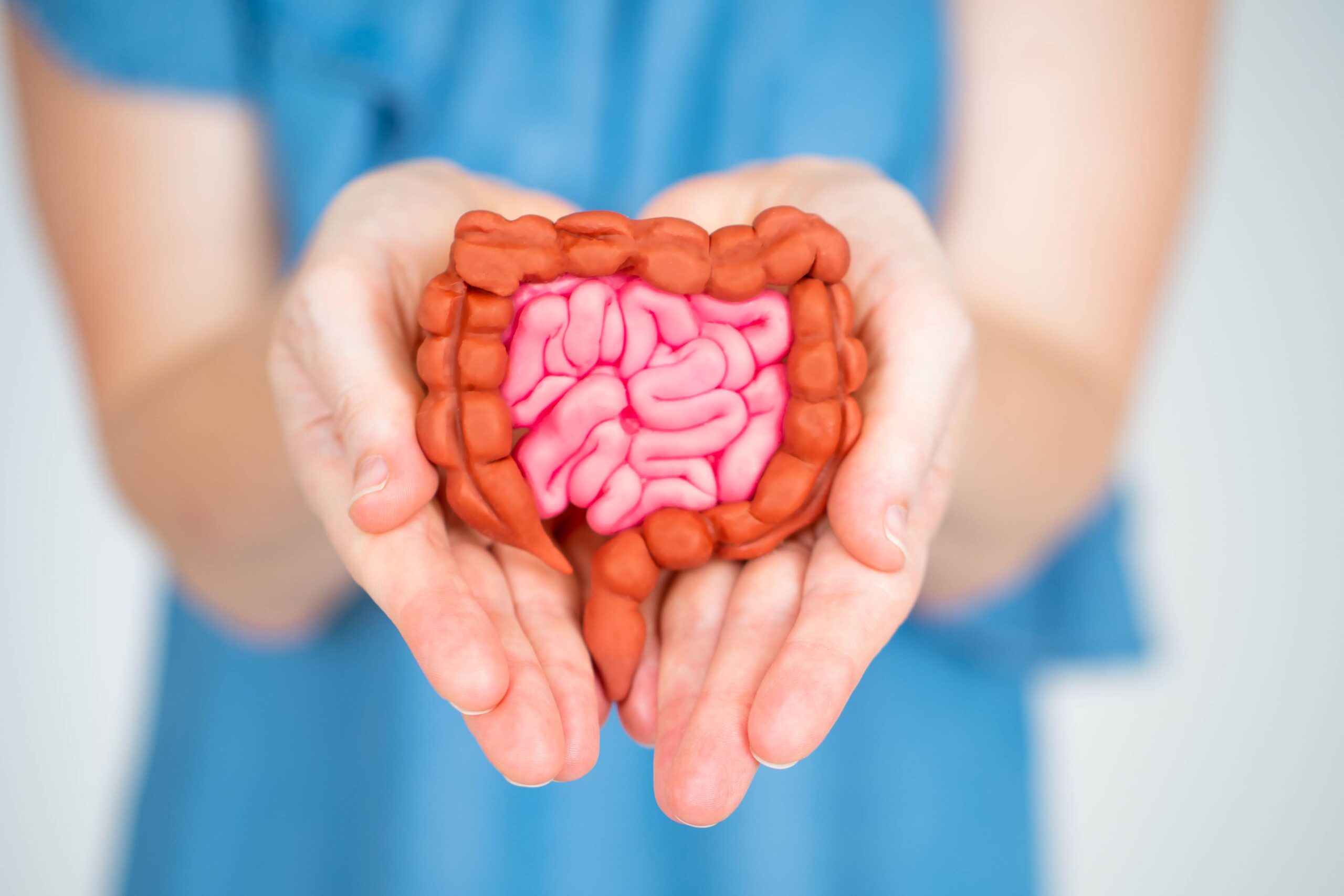
Digestion seems local. It happens in the gut. But the stomach doesn’t act alone—it follows signals sent from places far beyond hunger. Hormones shape how it begins, how it moves, how it ends.
You eat. But before that, your body decides how to handle it. Ghrelin rises. Cortisol nudges. Insulin prepares. Serotonin whispers. And only then does the digestive process start moving forward.
Without these signals, food doesn’t settle—it sits. It waits. It struggles.
Ghrelin doesn’t ask—it demands
You feel hunger in your belly, but it starts in the brain. Ghrelin doesn’t ask—it demands. It spikes before meals. It triggers anticipation. It signals urgency.
This hormone isn’t patient. If it rises too high, you don’t just eat—you crave. And the body stores more than it uses.
When ghrelin is disrupted, digestion feels off. Either too fast or too delayed. Either restless or sluggish.
Cortisol pulls blood away from the gut
Stress doesn’t stay in your mind. It moves through your blood. Cortisol pulls blood away from the gut. That’s how digestion slows.
You eat under pressure. But the stomach doesn’t digest well. Nutrients aren’t absorbed. Food feels heavy. Bloating follows.
Chronic stress changes your gut rhythm. It rewires the balance between rest and digest. It trades survival for function.
Serotonin lives mostly in the gut
People think of serotonin as mood. But serotonin lives mostly in the gut. Around 90% of it, actually. It regulates movement. Coordinates contractions. Keeps digestion flowing.
When levels drop, motility slows. You feel constipated. Foggy. Off-center. When serotonin rises, everything moves too fast.
That’s why depression often brings stomach issues. And why gut health quietly shapes mental resilience.
Thyroid hormones set the pace for everything
You feel it in your hands, but the gut notices too. Thyroid hormones set the pace for everything. Including digestion.
With hypothyroidism, movement slows. Constipation follows. Bloating lingers. Appetite changes. With hyperthyroidism, the opposite happens. Food rushes. Weight drops. Bowels become unpredictable.
And in both, the gut mirrors the gland—even before you notice the difference.
Insulin affects more than blood sugar
You think of insulin and think glucose. But it touches digestion too. Insulin affects more than blood sugar. It influences how fast food leaves the stomach.
It slows gastric emptying. It alters gut bacteria. It controls absorption. And in resistance, all of that changes.
You feel full longer—or not full at all. Meals either spike energy or leave you tired. The digestive rhythm becomes unstable.
Estrogen and progesterone affect the gut every cycle
You don’t need to change your diet for your digestion to shift. Estrogen and progesterone affect the gut every cycle. One week you’re fine. The next, you’re bloated.
Estrogen loosens the muscles. Progesterone relaxes them even more. Transit slows. Water retention rises. And constipation becomes common.
Then hormones drop. And diarrhea can follow. It’s not always food—it’s often fluctuation.
The gut speaks back with its own hormones
The conversation isn’t one-way. The gut speaks back with its own hormones. Like GLP-1. Like peptide YY. Like cholecystokinin. These tell the brain you’re full. These control appetite and calm.
When gut health breaks down, these hormones stop showing up. You eat more. Feel less. And digestion gets noisier, not clearer.
Gut-brain communication is built on this quiet exchange.
Menopause rewrites the digestive map
After menopause, the gut doesn’t behave the same. Menopause rewrites the digestive map. Estrogen is gone. Progesterone fades. And the nervous system doesn’t respond the way it used to.
You get more reflux. Slower motility. More sensitivity to food. Things that never bothered you begin to linger. Meals become unpredictable.
And the change isn’t in your diet—it’s in your endocrine system.
Hormonal balance is the unseen rhythm behind digestion
Food is not just chemistry. It’s instruction. And hormonal balance is the unseen rhythm behind digestion. It tells the body when to start. When to stop. How fast. How fully.
Disruption doesn’t always feel dramatic. It just feels… off. Meals that once comforted now irritate. Patterns that worked no longer do.
To heal the gut, you sometimes have to listen to glands first.
